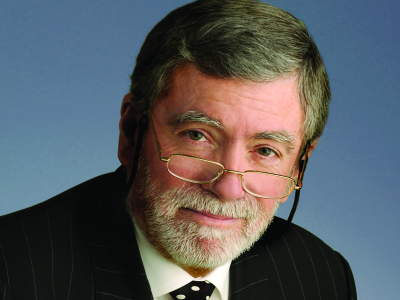Notwithstanding Stephen Harper’s habit of going for the jugular (i.e. the federal government’s strategic early release of an audit on Attawapiskat), I've come to believe the prime minister may be our Aboriginal communities best ally even though he has met his match with Chief Theresa Spence, who is prepared to die on his doorstep.
He is certainly more useful than other prime ministers who actually cared about Aboriginal people like Jean Chretien and Paul Martin. The reason is that Stephen Harper is determined to do almost anything to expedite the development of our natural resources whether that means selling them off to foreign investors, destroying environmental protections or, in the end, if absolutely necessary, actually doing business with interest groups that can get in the way of that development.
It would be amusing, were it not for the condescending overtones, to witness the commentaries from the federal government on financial mismanagement alleged in Aboriginal communities. This in a country where the federal government is incapable of costing its own fighter jet program until brought to heal by the parliamentary budget officer, who said your numbers are a joke; and that is before we look to Ontario where we blow billions on energy plants we are not going to build.
Still others in this great discussion point out fractious relations between the Assembly of First Nations leaders and their constituencies. The prime minister won’t even call a meeting of provincial premiers much less work harmoniously with them—and that is before we look in on the City of Greater Sudbury’s council or the buffoonery in Toronto. People in glass houses should not throw stones.
The Idle No More movement is important. It is an expression of confidence, joy, purpose and determination. It is disproportionately young, which is fantastic and fueled by technology, frustration and hope. It will, of course, morph into something less joyous, more rigid, less innocent and more fractious, maybe dangerous and polarizing. There are vested interests on both sides of this discussion which will kill it if they can with lip service, delaying tactics, selective divide-and-conquer techniques which have slowed momentum for decades. If you want to know where those forces are, just follow the money.
Part of it will be in the middle-class welfare of the bureaucracy itself, which has an instinct for survival that is extraordinary. Some will be resource money judiciously applied. Some will come from political actors in the Aboriginal community who are doing just fine, thank you very much, where it is profitable to deal with endless process and talking is a substitute for action.
Lurking, of course, is political case management which is designed to just get it off the front pages, get past the next election or solve problems that are not Aboriginal problems (i.e budgets, road building, resource development, etc. ).
In some ways, viewed strictly as a political force, Idle No More got a modest result too quickly -namely a seemingly important meeting between the prime minister (my God, he stayed for the whole meeting) with senior representatives of the Aboriginal community. It takes Idle No More to the first stage too quickly. A six or eight or 12-month gestation period would demand more meaningful results. Idle No More needs to decouple from Chief Spence. Her action, although dramatic, is too limiting.
We live in this drama. Our prospectors, Aboriginal neighbours, resource companies, senior governments and municipal jurisdictions, all collide right here in Northern Ontario. We all have shared interests in the wealth in the ground, the forests that surround us, the water that nourishes us, the sustainability of our communities and the civility of the discourse.
There may well be conflicting points of view on who has a right of what, and without question, there is diversity in how we move to consensus on what we do next. What we must not forget is that we share this vast land, its beauty, and its bounty, and we have a responsibility to act with reverence when we consider how lucky we have been and how hopeful our future is.



